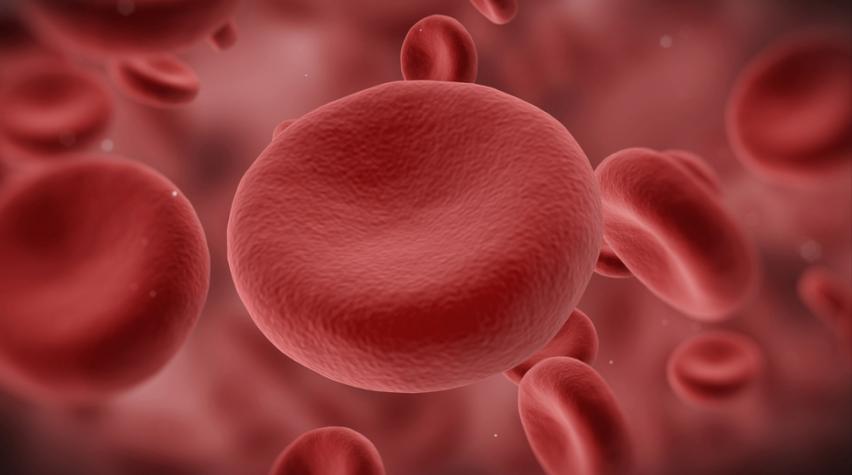
This week scientists at Brigham and Women's Hospital (BWH) reported that they have developed a scalable, next-generation platelet bioreactor to generate fully functional human platelets in vitro. This biomedical achievement will help respond to blood transfusion needs worldwide.
"The ability to generate an alternative source of functional human platelets with virtually no disease transmission represents a paradigm shift in how we collect platelets that may allow us meet the growing need for blood transfusions," said Jonathan Thon, PhD, Division of Hematology, BWH Department of Medicine, lead study author, in a statement released by the BWH researchers.
New technique will address platelet shortages
According to the researchers, more than 2.17 million platelet units from donors are transfused yearly in the United States to treat patients undergoing chemotherapy, organ transplantation and surgery, as well as for those needing blood transfusions following a major trauma. However, factors such as increasing demand, a limited five-day shelf-life, and risk of contamination, rejection and infection have made blood platelet shortages common. Blood cells, such as platelets, are made in bone marrow. The bioreactor--a device that mimics a biological environment to carry out a reaction on an industrial scale--uses biologically inspired engineering to fully integrate the major components of bone marrow, modeling both its composition and blood flow characteristics. The microfluidic platelet bioreactor recapitulates features such as bone marrow stiffness, extracellular matrix composition, micro-channel size, and blood flow stability under high-resolution live-cell microscopy to make human platelets. Application of shear forces of blood flow in the bioreactor triggered a dramatic increase in platelet initiation from 10 percent to 90 percent, leading to functional human platelets. The researchers plan to commence phase 0/I in human clinical trials in 2017. For more information, see the study published in the journal Blood. You an also read the BWH researchers' press release here.


